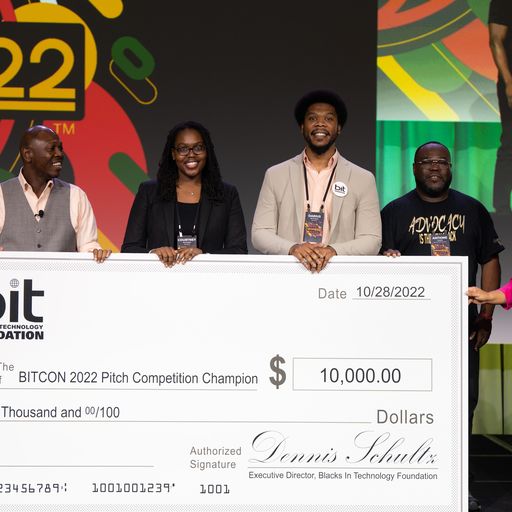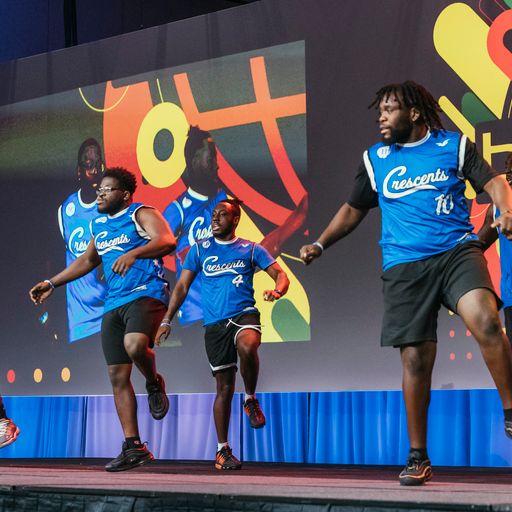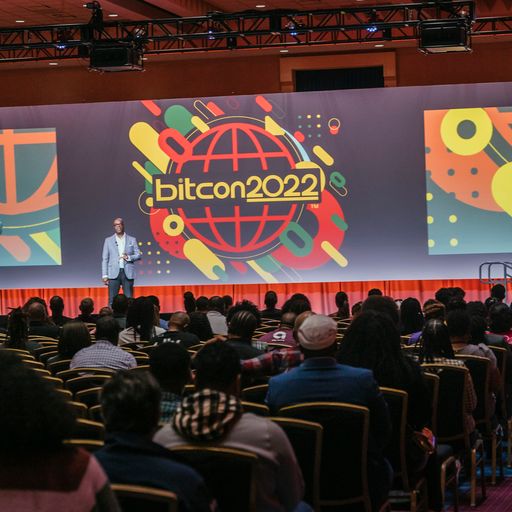Blacks In Technology, LLC, and the Blacks In Technology Foundation will host the 5th annual BITCON conference in Nashville, Tennessee, this Labor Day week. With over 1,000 anticipated participants, this conference gives a platform to the digital divide for people of African descent in information technology and related STEM fields.
BITCON features influential tech experts and world-class speakers such as Ruha Benjamin, Nashlie Sephus, Stefani Quarles, and Paul Erunse, who will inspire, educate, and motivate other tech enthusiasts to leave their mark in the industry.
BITCON’s focus is training sessions and technical workshops, with essential topics such as cybersecurity, artificial intelligence, extended reality, software engineering, data science, career development, gaming, and e-sports explored.

Innovation & Tech Today was able to sit down and speak with three influential individuals directly connected to the 5th annual Blacks In Technology conference:
- Greg Greenlee: The founder of Blacks In Technology and a tech systems engineer.
- Dennis Schlutz: The technology, sales, and marketing executive director of Blacks In Technology.
- Holly Rachel: The president of the Nashville chapter of Blacks In Technology.
ITT: What are your expectations for this event?
Dennis: Inspiration is nice. We always like to inspire, but at a tech conference, we want people to walk away with some tangible things they can apply to their jobs. You know, this is gonna be an opportunity for some networking, career development, and hopefully, some hard-skill learning. It’ll be a little bit of everything. There’s a lot to cover at the conference, and we cast a pretty wide umbrella when we talk about tech. So there’s everything from autonomous vehicles and AI discussions to things about how to advance your career, show up to work as your best self, and balance work life and mental health. All those things that go into being a healthy, well-rounded employee.
Holly: I’m very excited for our members to kind of realize that there’s a bigger network that they can tap into and to make some new connections and bring that home. Of course, we do events in Nashville with the chapter, but I think that visually seeing thousands of people coming for the same cause from different chapters and different countries is going to really have an effect on our members. So I’m excited for them to experience that.
ITT: How can allies and advocates better support the tech community in advancing diversity and inclusion in the industry?
Dennis: It’s not hard to be an advocate. We just want people to be the voice in the rooms that we can’t be. So when decisions are being made about hiring policy and practices, make sure that there’s equitable approach. If there are some opportunities for promotion and mentorship, do it. We have programs that we encourage allies to participate in. There are a number of programs in addition to the Blacks in Technology Foundation that could use financial support. So when you’re thinking about events and organizations to support, think of us.
Greg: Just as a person, do some research and do some reading about why things are the way they are, and not just here in the U.S.. Why do those biases exist? Why is it that these ISMs exist- racism, sexism, things like that? Then just try to uplift yourself a little bit more.
ITT: Would you guys like to share some of the unique challenges that black professionals face in the tech industry, specifically that our audience needs to be aware of?
Dennis: From my perspective, it’s imposter syndrome and isolation. A lot of times you feel like you’re on an island, even when you’re working with colleagues, and it’s sometimes hard for your colleagues to relate to you. So larger companies have employed enterprise resource groups or affinity groups where all the black employees can get together. And that’s great, but some companies don’t have that.
When you don’t have that camaraderie or sense of belonging, it can be lonely. And a lot of people will leave the industry because they just don’t feel like they’re in the right place. So, you know, that’s one of the things that I try to make sure that we provide as far as the community externally, you know, through BIT for folks who might feel isolated or lonely in their role.
Greg: Racism is always going to be a barrier to what we’re trying to accomplish. But beyond that, just being taken seriously. There have been instances where someone has approached me about something, I’ve given them an answer, and instead of just taking it at face value, they go and ask another person right in my face.

ITT: Can you share your vision for what a truly inclusive tech organization looks like?
Dennis: I think my perspective is that it shouldn’t be a surprise when I go into a meeting or talk to colleagues, and 15% of that group is black because that’s roughly what we are in the population. Right now, we’re between 3-5% depending on the study or who you ask in the tech industry. And we are woefully underrepresented. So, to just see that representation is what I would think the goal should be.
ITT: What advice do you have for black students or early career professionals aspiring to enter the tech field?
Greg: So the first thing I would say is be yourself, be authentic. And the reason I say that is because studies have shown that more diverse teams are actually better for business. And if you’re not authentic, if you’re not staying true to yourself, then you might kind of suppress those ideas that your team might need, right?
Depending on your background and things like that, you might have some really good ideas about how a product is made, or how a service is implemented, or something like that. And if you suppress those things, you might not contribute as much as you could.
The second thing is to stay curious. Tech is always growing and always evolving. So you always have to stay curious to try to keep up with the happenings of what’s going on in the industry.

About the Blacks In Technology Foundation
The 501(c)3 Blacks In Technology (BIT) Foundation’s mission is to “stomp the divide” with respect to Black tech workers and to fundamentally influence and effect change on an industry that has historically not sought parity with respect to Black workers. BIT levels the playing field through training, education, networking, and mentorship with the support of allies, partners, sponsors, and over 27,000 global members and volunteers. Visit www.blacksintechnology.org for additional information.











